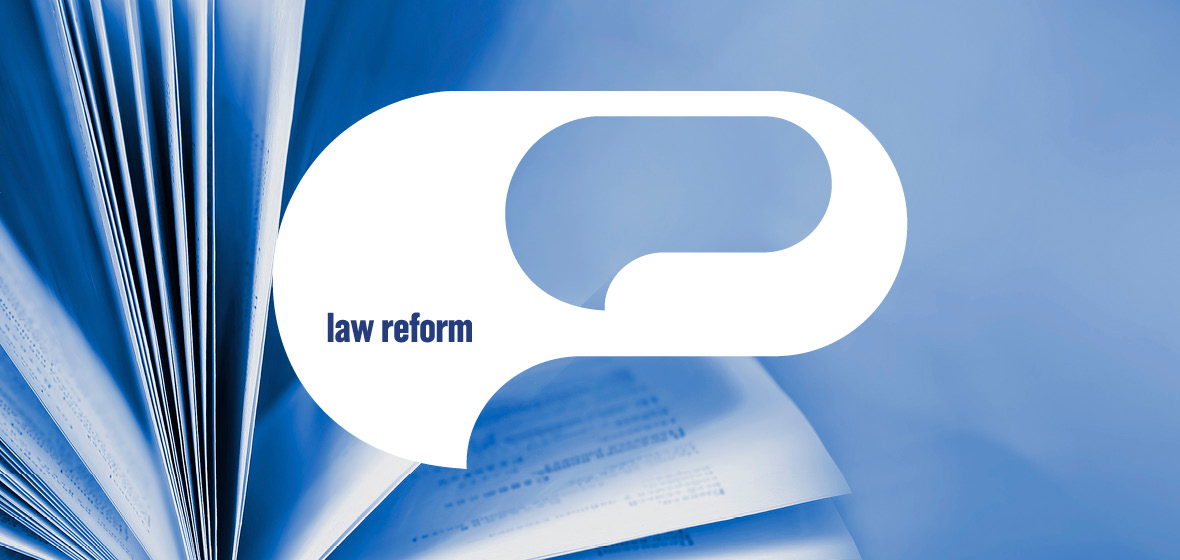Key developments
- Exposure Draft Freedom of Information (Repeal of S. 18C) Bill 2014
- Response to LEPRA report
- Competition and Consumer (Industry Codes – Franchising) Regulation 2014 and Competition and Consumer Amendment Bill 2014
- Inquiry into the incident at the Manus Island Detention Centre during 16 to 18 February 2014
- Inquiry into the Independent National Security Legislation Monitor Repeal Bill 2014
- Uniform proportionate liability provisions
Exposure Draft Freedom of Information (Repeal of S. 18C) Bill 2014
The Indigenous Issues and Human Rights committees provided comments for inclusion in the Law Council of Australia submission, and also provided a submission directly to the Government to set out their strong opposition to this Bill. The committees submit that there has been no demonstrated need for this reform. The Indigenous Issues Committee noted that “there is extraordinary unity among indigenous and ethnic communities in opposing any change to the existing provision. The Committee’s view is that this is because those that have experienced racial vilification have no wish for their children to experience it as well.”
The committees’ view is that the draft Bill would be a contravention of a number of Australia’s international obligations, including obligations provided for under the International Covenant on Civil and Political Rights, the Convention on the Elimination of all forms of Racial Discrimination and the United Nations Declaration on the Rights of Indigenous Peoples. The committees examined the jurisprudence and noted that s18C and s18D provide an appropriate balance between free speech and the entitlement of all citizens to be free from being the subject of hate speech on the basis of their race, colour, national or ethnic origin.
The committees noted also that the definition of “vilification” and “intimidation” proposed by the draft Bill is unreasonably very narrow. The Human Rights Committee notes that that the “reasonable victim” test is to be replaced by the “reasonable person” test and that this is of concern as the former test allows the standards of the dominant class to be challenged by ensuring cultural sensitivity when deciding the types of comments that are considered offensive. The committees noted that the exemption proposed in the draft Bill is so broad that it would almost entirely defeat the provision. The Indigenous Issues Committee noted that despite covering some matters that would constitute a criminal offence in some States, the exclusion proposed by the draft Bill would allow racial vilification and intimidation so long as it was done through “words, sounds, images or writing spoken, broadcast, published or otherwise communicated in the course of participating in the public discussion of any political, social cultural, religious, artistic, academic or scientific matter”.




